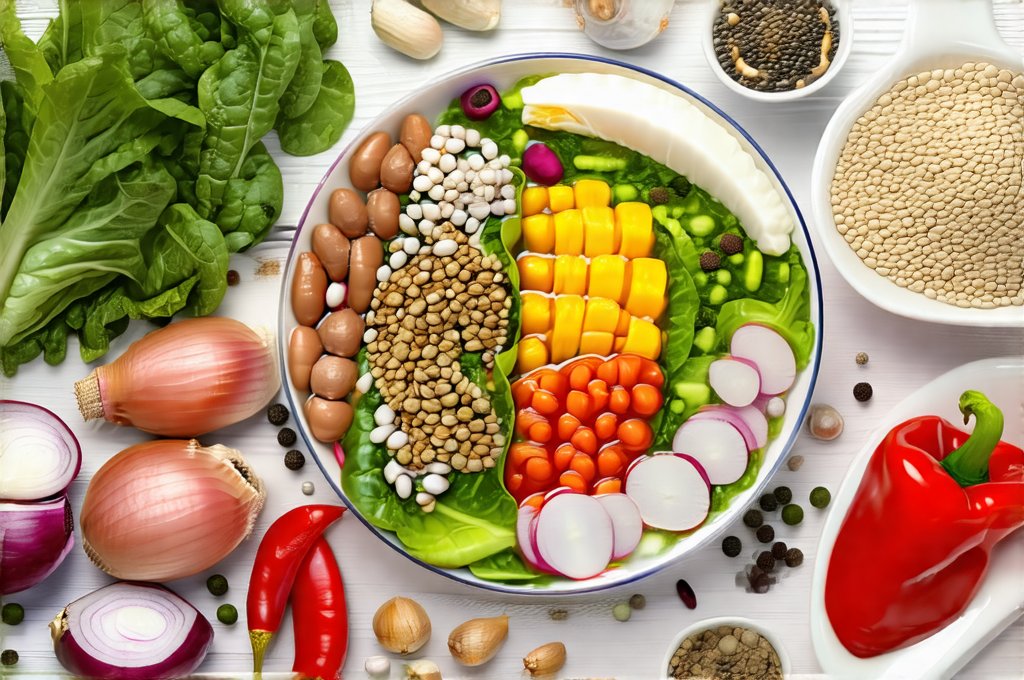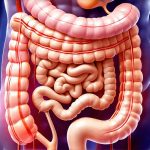Constipation is a common digestive issue affecting people of all ages, characterized by infrequent bowel movements or difficulty passing stool. While occasional constipation isn’t usually serious, chronic constipation can significantly impact quality of life and potentially signal underlying health concerns. Often, lifestyle factors—particularly diet—play a crucial role in both causing and alleviating constipation. Understanding the relationship between food and bowel regularity is the first step towards establishing healthy digestive habits. This article will explore dietary strategies for promoting regular bowel movements, focusing on foods to incorporate into your diet and those to potentially limit or avoid.
Many people assume constipation is solely about lack of fiber, but it’s more complex than that. Adequate hydration, a balance of gut-friendly bacteria, and even the timing of meals can all influence bowel function. A holistic approach—combining dietary adjustments with regular exercise and stress management—is often the most effective way to address chronic constipation. The goal isn’t simply to increase fiber intake, but rather to create a consistently supportive environment for healthy digestion through mindful eating choices and lifestyle adjustments. If you are experiencing frequent issues, it might be time to review what to eat when recovering from an indigestion episode.
Fiber-Rich Foods: The Cornerstone of Constipation Relief
Fiber is undoubtedly a critical component in preventing and relieving constipation. It adds bulk to the stool, making it easier to pass, and also helps to stimulate intestinal contractions (peristalsis). There are two main types of fiber – soluble and insoluble – and both play important roles. Soluble fiber dissolves in water to form a gel-like substance, softening the stool, while insoluble fiber adds bulk and speeds up the movement of waste through the digestive tract. A diet rich in a variety of fiber sources is ideal for maintaining regular bowel movements.
Excellent sources of soluble fiber include oats, barley, apples, pears, beans, and lentils. Insoluble fiber can be found in whole wheat bread, bran, vegetables like carrots and celery, and nuts and seeds. Aiming for the recommended daily intake of 25-30 grams of fiber is a great starting point, but it’s important to increase your intake gradually to avoid bloating or gas. Remember to drink plenty of water alongside increased fiber consumption – this is crucial for allowing the fiber to do its job effectively and prevent further constipation! Before significant dietary changes, consider preparation for a colonoscopy to understand your digestive system’s responses.
Beyond simply adding more fiber, consider where you get your fiber from. Whole foods are far superior to processed fiber supplements. They offer a wider range of nutrients and contribute to overall health beyond just digestive regularity. Focusing on real, unprocessed food sources will yield the best long-term results. A well-planned diet can also help those with gastroparesis manage their symptoms.
Hydration & Gut Health: Supporting Digestive Function
While fiber gets much of the attention, adequate hydration is equally vital for preventing constipation. Water helps to soften stool, making it easier to pass, and also supports the efficient functioning of the digestive system. Dehydration can lead to hard, dry stools that are difficult to eliminate, exacerbating constipation symptoms. Aim for at least eight glasses of water per day, and even more if you’re physically active or live in a hot climate. Herbal teas and water-rich fruits and vegetables (like watermelon and cucumbers) can also contribute to your daily fluid intake.
A healthy gut microbiome—the community of bacteria residing in your digestive tract—also plays a significant role in bowel regularity. Probiotic-rich foods, such as yogurt with live cultures, kefir, sauerkraut, kimchi, and kombucha, can help to promote a balanced gut flora. These beneficial bacteria aid in digestion, reduce inflammation, and improve overall gut health. Prebiotics, found in foods like garlic, onions, bananas, asparagus and oats, feed the good bacteria in your gut, further enhancing their positive effects. A thriving gut microbiome supports healthy bowel movements and contributes to improved digestive function. If you struggle with persistent issues, understanding a low-fodmap diet may be helpful.
Foods to Limit or Avoid
- Processed Foods: Highly processed foods are typically low in fiber and high in unhealthy fats, which can slow down digestion and contribute to constipation. Minimizing consumption of fast food, packaged snacks, and refined carbohydrates is a good starting point.
- Red Meat & Fatty Foods: Excessive intake of red meat and fatty foods can also hinder digestive processes. These foods take longer to digest, potentially leading to constipation. Opt for leaner protein sources like fish, poultry, or plant-based proteins (beans, lentils, tofu).
- Dairy Products (for some): While dairy isn’t constipating for everyone, some individuals experience constipation as a result of lactose intolerance or sensitivity. If you suspect dairy might be contributing to your constipation, consider experimenting with reducing or eliminating it from your diet.
Creating a Digestive-Friendly Meal Plan
Here’s a simple step-by-step approach to building a constipation-relieving meal plan:
1. Start with Breakfast: Begin your day with a fiber-rich breakfast like oatmeal with berries and nuts, whole wheat toast with avocado, or yogurt with granola and fruit. Consider breakfast options if you also experience acid reflux.
2. Focus on Whole Foods: Build your meals around whole, unprocessed foods – fruits, vegetables, whole grains, lean proteins, and healthy fats.
3. Hydrate Throughout the Day: Carry a water bottle with you and sip on it regularly throughout the day.
4. Incorporate Probiotics & Prebiotics: Include probiotic-rich foods in your diet several times per week, along with prebiotic sources to nourish your gut bacteria.
5. Listen To Your Body: Pay attention to how different foods affect your digestive system and adjust your diet accordingly.
The Importance of Mindful Eating
Beyond what you eat, how you eat is also important for healthy digestion. Rushing through meals can disrupt the digestive process, leading to bloating and constipation. Practicing mindful eating – slowing down, chewing thoroughly, and paying attention to hunger and fullness cues – allows your body to properly digest food. Eating at regular times each day can also help regulate bowel movements. Stress can negatively impact digestion, so finding healthy ways to manage stress is essential for maintaining a healthy digestive system. If you find yourself battling lingering discomfort, it’s important to know what to do when nausea lingers. Also consider nighttime indigestion.


















